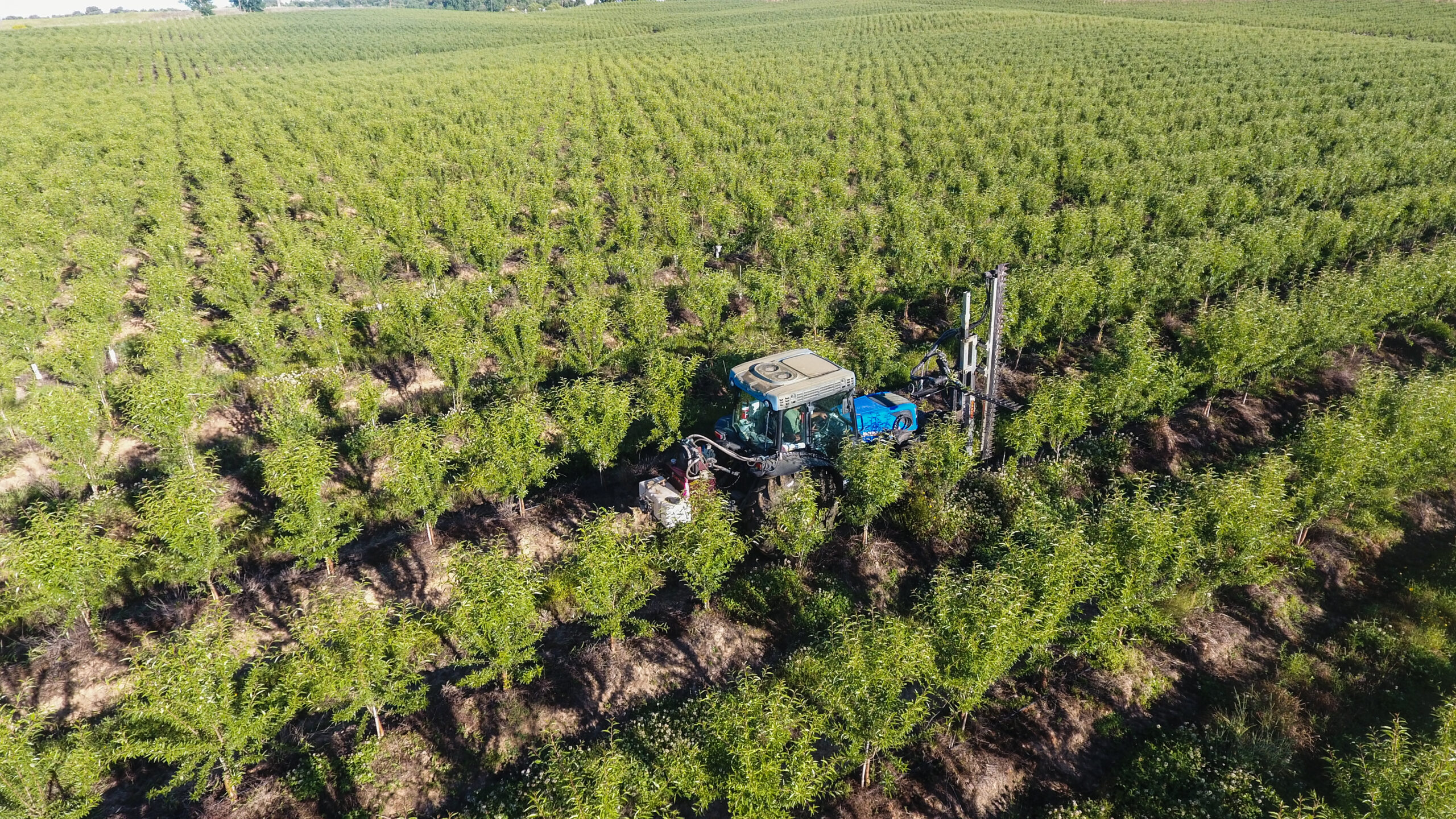
These two words, almonds and blockchain, don’t seem to go well together. But opposites attract and modern agriculture involves much more than just throwing a seed into the ground. Today we’re talking about blockchain and explaining why we’re using this system on our estates in Idanha-a-Nova and Fundão.
Blockchain is a database and works like a sort of book of records. It contains every transaction processed in the system and is a chain of blocks, that is, a set of inter-linked information that cannot be deleted or changed. Each new record is a new process.
This technology was first used in 2009 at the early days of Bitcoin and since then, it has been used by companies in a wide variety of sectors, such as banking, telecommunications and government institutions. It is a powerful database that is useful for monitoring every step in any process. In the case of the food sector, it enables the producer, industry, distribution and the consumer to have reliable information about every step on the food’s journey.
At Veracruz, we produce premium almonds, and we use technology to improve our production, measure the impacts and anticipate problems. As such, it made every sense to systematise all the data in a digital, accessible, incorruptible and automatic system.
In 2020, we began recording all our data: consumptions, trees, water, batches and harvests, among other indicators. When our factory is fully operational – in 2023 – that record will continue in processing. The almonds that grow in our orchards will be traced, whether they’re blanched, in matchsticks, turned into flour or any other possible option. Packaging, transport and distribution are the next steps.
Our objective is that at home, the consumer can then read the QR code on the packaging and access a website with the record of the food that’s on their plate. Every player in this extensive and complex chain will know the path our almonds take.
Alexandre Souza, the head of Veratech (the Veracruz group’s tech company) believes that “the traceability process using blockchain will be widely adopted in the food sector the more the production and distribution chains are asked to provide transparent information at every stage.”
“Consumers are increasingly aware of what they are eating and are keen to ensure that the end product is healthy and produced in strict accordance with the standards in force, and so blockchain will provide guaranteed transparency throughout the process,” he states.
Do you still have any queries? Send us an e-mail to comunicacao@veracruzalmonds.com